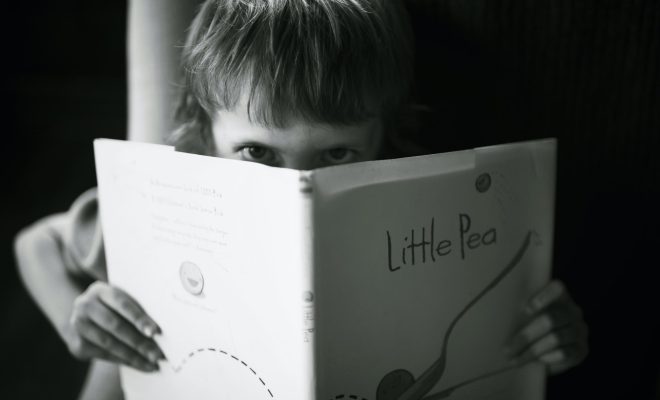Opinion | The Promise and Pitfalls of a ‘Global Humanities’

The term “global humanities” evokes a tantalizing vision: a vibrant, interconnected landscape of diverse perspectives, where cultural differences are celebrated, and knowledge flows freely across borders. It’s a vision that holds immense promise, but it’s a vision that also comes with its fair share of pitfalls.
The promise lies in the potential to bridge divides, to foster empathy and understanding. By examining shared human experiences through a multitude of lenses, we can gain a deeper understanding of our own culture and those of others. This understanding can be transformative, leading to more nuanced and compassionate dialogues, and perhaps even paving the way for solutions to global challenges.
Imagine a world where the study of literature isn’t confined to canonical Western works, but embraces narratives from across the globe, illuminating the complexities of human experience from diverse perspectives. Imagine a world where history isn’t solely a Eurocentric narrative, but a tapestry woven from the stories of different civilizations, illuminating the intricate web of human interaction. This is the promise of a “global humanities.”
However, the path towards this ideal is fraught with challenges. One key pitfall is the risk of homogenization. In attempting to create a global narrative, there’s a danger of overlooking the nuances and specificities of individual cultures. A “global humanities” should not be a monolithic entity that eclipses unique voices and perspectives. Instead, it must strive to preserve the richness and diversity of different cultural expressions.
Another challenge lies in the potential for Eurocentrism to linger. While striving for inclusivity, it’s crucial to be aware of the inherent biases within academic disciplines. A “global humanities” must actively challenge existing power structures and ensure that voices from the Global South are not marginalized. It must move beyond simply adding diverse perspectives to the existing narrative and instead, reimagine the narrative itself, creating a truly equitable and inclusive space for scholarship.
The potential pitfalls of “global humanities” are not insurmountable. With careful consideration and a commitment to inclusivity, we can navigate these challenges and realize its transformative potential. It requires a conscious effort to deconstruct existing frameworks, to dismantle colonial legacies, and to prioritize equitable representation in the field.
The journey towards a truly “global humanities” is ongoing. It requires constant vigilance, critical self-reflection, and a willingness to engage with different perspectives. By embracing the challenges and maximizing the potential, we can move towards a more interconnected, inclusive, and understanding world.






